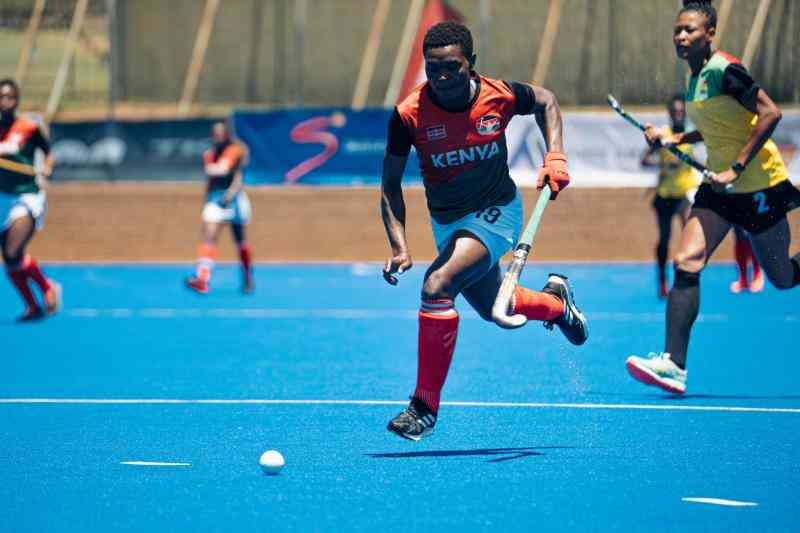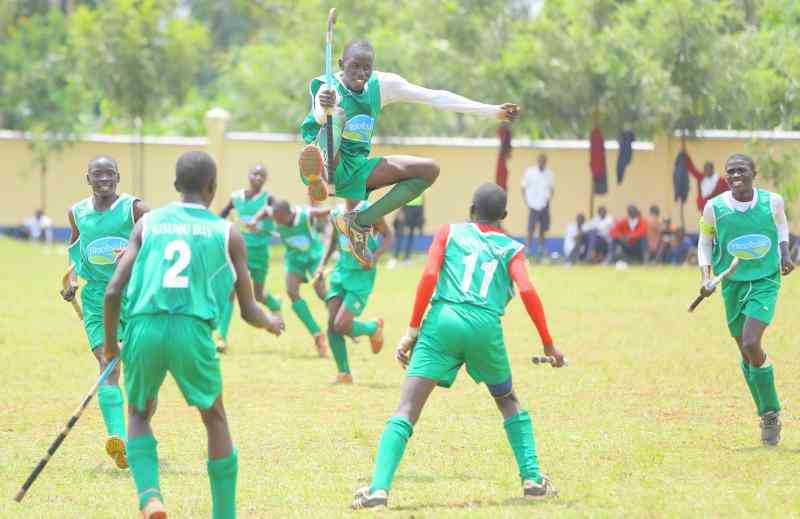×
The Standard e-Paper
Kenya's Bold Newspaper

Audio By Vocalize

Kenyan hockey, once a source of national pride and sporting prowess, has seen its glorious days fade into a distant memory.
The country that once competed at the highest level, even at the Olympics, is now struggling to regain its former glory.

